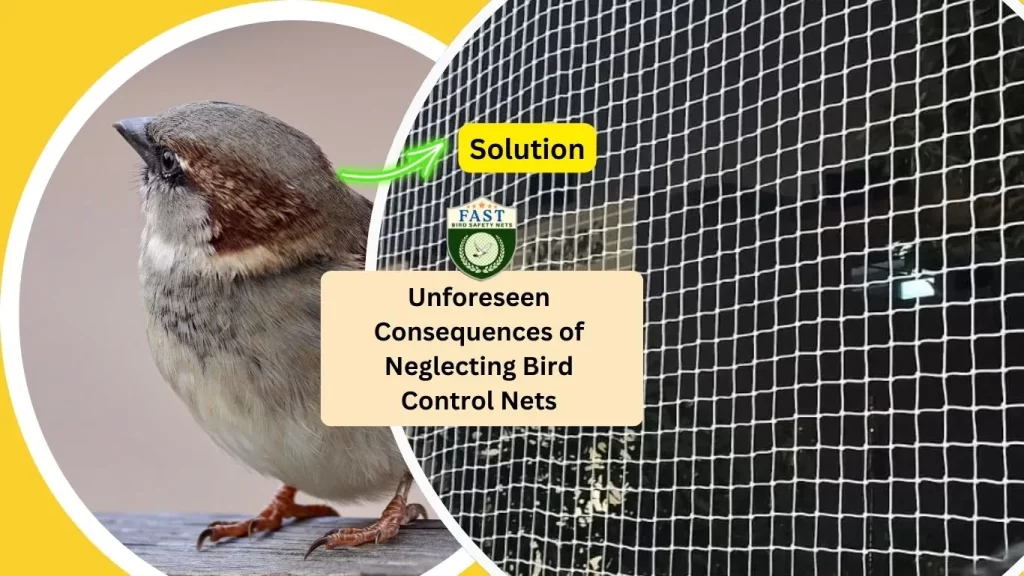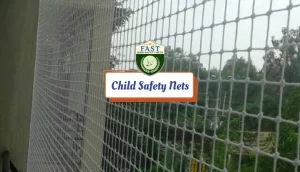Bird control nets are commonly utilized in various industries to prevent birds from roosting or nesting in certain areas. However, neglecting the installation or maintenance of these nets can lead to unforeseen consequences, impacting both human safety and environmental balance.
1. Public Health Risks: Neglecting bird control nets can pose significant public health risks. Birds, particularly pigeons and seagulls, carry various diseases and parasites that can be transmitted to humans through their droppings or feathers. Without proper bird control measures in place, these birds can create nesting sites in urban areas, increasing the risk of disease transmission to the general public.
2. Property Damage: Bird droppings can cause extensive damage to buildings, vehicles, and other structures over time. Neglecting bird control nets allows birds to roost freely, leading to accumulation of droppings that corrode surfaces, degrade paint, and even clog drainage systems. The cost of repairing such damages can be substantial, especially for businesses and property owners who overlook the importance of bird control measures.

3. Safety Hazards: In industrial settings, neglecting bird control nets can create safety hazards for workers and equipment. Birds nesting near machinery or electrical installations can cause disruptions and pose a risk of accidents. For example, bird nests near power lines can lead to short circuits or fires, endangering both personnel and operations. Additionally, bird droppings on walkways or staircases can create slippery surfaces, increasing the likelihood of slips and falls.
4. Environmental Impact: The neglect of bird control nets can also have adverse effects on the environment. Certain bird species, such as sparrows and starlings, are considered invasive and can disrupt local ecosystems when their populations are left unchecked. Without proper bird control measures, these invasive species can outcompete native birds for resources, leading to imbalances in the ecosystem and potentially causing harm to indigenous flora and fauna.
5. Legal and Regulatory Compliance: Failure to implement adequate bird control measures may result in legal and regulatory consequences for businesses and property owners. Many jurisdictions have regulations in place that require the mitigation of bird-related hazards, especially in industries such as food processing, healthcare, and aviation. Neglecting these regulations can lead to fines, penalties, and legal liabilities, tarnishing the reputation of the organization.
Conclusion: The consequences of neglecting bird control nets extend beyond mere inconvenience; they encompass public health risks, property damage, safety hazards, environmental impact, and legal ramifications. It is imperative for businesses and property owners to recognize the importance of proactive bird control measures to mitigate these risks effectively. By investing in proper bird control strategies, organizations can safeguard both human well-being and environmental sustainability.






